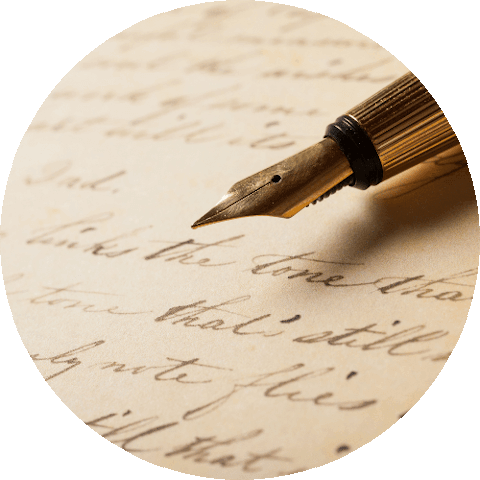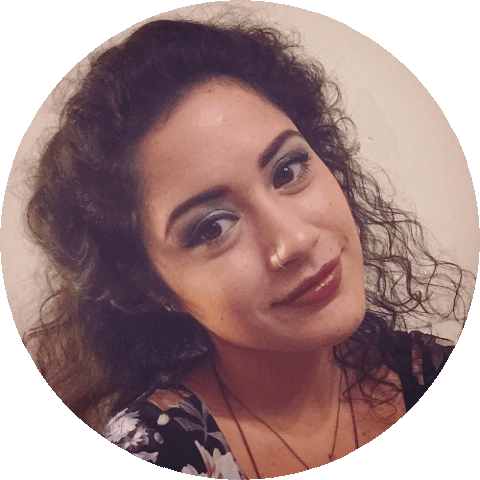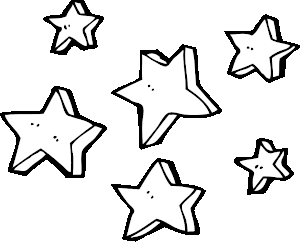
Lessons in Calligraphy
A personal story by Lydia Rose

As a writer, I have always been drawn to calligraphy as a beautiful way to display the contents of my mind.

In my teens, I was gifted a neat calligraphy set, which was at first my most prized piece of stationary. But after a few months of errors, frustration and ink-stained fingertips, I quit altogether. Calligraphy was too hard, too laborious, and I did not have the patience to pursue it.
In my mid-twenties I was once again captivated by this elegant art form, and decided to treat myself to a new set that was too gorgeous to resist. Holding my new silver nib to the page, I was at first determined to get it right and become a skillful master of calligraphy. But my motivation soon dried up as pages of messy scribbles and ink blots revealed my inadequacies.
A few months later, when the pandemic had hit the UK and the whole country was placed under lock and key, my calligraphy pen called me into practice once again. Sitting at my desk with an abundance of free time on my hands, I met the page with a completely new attitude; I was not there to be perfect, I was there to learn.
With a fresh outlook, the pressure to perform was replaced by a desire to explore this timeless craft without any expectations. And there, between ink pot and paper, I discovered many lessons that were more valuable to my life than I could have ever predicted.
Focus
Focusing on one thing at a time has always been a particular challenge of mine. With so many things to think of at any given moment, I often find myself in a haze of contemplation instead of concentrating on the gift of the present.
Calligraphy first taught me to focus. Attempting to calligraph with a multi-tasking mind is the most reliable way to mess up and make the same mess over again. With pen as my teacher, I slowly learned to discipline my mind, pushing aside all irrelevant thoughts to fully hone in on each stroke, curve and flick. With mindful presence, I was rewarded with progress and refinement. But if my focus ever shifted away from the glide of each letter, my teacher spat back with scratches and splodges.
While my practice often brought me to a blissful state of meditation, the benefits of developing focused attention span far beyond the page. By demonstrating the pitfalls of distraction, calligraphy taught me the importance of building focus in order to engage in all areas of life with more refinement and skill.
Be Patient
In our digital age of instant entertainment and connectivity, delayed gratification may seem like a thing of the past. Living in the sprawling city of London, I've grown used to getting what I want when I want it - no matter what hour, season, scope or distance.
But Rome was most certainly not built in a day, and neither is a master calligrapher. Calligraphy not only requires dutiful patience for mastery over time, but also for the artistry of each and every swerve and symbol. Rushing ahead to move onto the next letter is a big mistake in carving a sumptuous word, and can quickly ruin all the prior dedication of your work. Patience must be practiced at every step of the way, guiding each mark with a calm and steady hand.
There's a reason patience is such a revered quality in so many different cultures and religions. Patience is not the resignation of effort, but the willingness to continue with grace and humility. Patience is the antidote to apathy and frustration, providing a foundation on which intentions have space to blossom.
Be Committed
Commitment is the follow-through of motivation. When I'm fully committed to a cause, my passion and persistence fuel me towards achievement. If my energy and dedication begin to falter, I often ask myself: what am I committed to?
When I started my journey in calligraphy, I was motivated by a desire to create beautiful, swirling characters that encapsulated poetic streams of consciousness. While this vision still sparks some enthusiasm, it is not enough to inspire me to consistently exert myself in the arduous process of producing mediocre work far from my aspirations. In re-evaluating my commitments, I realised it was the process itself that I was committed to - a process that is far more valuable to my development than any envisioned outcome.
Being committed means having agency and working towards a goal. Oftentimes achieving a goal can seem too difficult or distant to spur us into action, so committing to the path there might just be the best (and only) way to achieve progress.
Learn from Mistakes
Mistakes are an inevitable part of life. Big and small, I've made many mistakes in my 27 years here on Earth, and found that my biggest spurts of growth have always occurred after I take ownership of my blunders and do my best to resolve them.
Making mistakes is often fraught with a lot of shame and judgement in our society. But removing this punitive attitude while exploring the art of calligraphy is the surest way to markedly improve your ability and find far more enjoyment out of the process. Chastising myself for the faults I made only lessened my enthusiasm to advance, while the irritation I felt at repeatedly making the same mistakes led to my greatest revelations. With a discerning eye, I was able to look back at my work with productive criticism and find ways of refining it.
My practice has shown me that learning from failure is the greatest way to succeed, and turning a blind eye to fault is the biggest mistake of all. Though it may take some time for me to move away from the ingrained belief that making mistakes is shameful and being perfect is attainable, calligraphy has given me a safe space to learn how.
Experiment
Taking risks, exploring the unknown and trying something new can sometimes be daunting. I often experience anxiety when I put myself out there, exposing myself to uncertainty instead of hiding in the safety of my comfort zone.
Very often, my experiments with trying new calligraphy styles and techniques went horribly wrong. But when I persisted in exploring a new shape or composition, I allowed my work to evolve. By the end of a wonky page of trial and error, I usually found some kind of wisdom that enabled my art to advance. And sometimes, in those special eureka moments of discovery, I came across a new form of expression that changed my work for good.
In this ever-evolving world, change is always inevitable. Being brave enough to take risks and experiment with new ways of doing things is not only essential in learning to adapt to these changes, but in creating better alternatives to how things were before. Calligraphy is just one demonstration on how experimentation is the golden ticket to progress and advancement.
Calligraphy is an art form that has been practiced for millennia, and after my short delve into this intricate practice I certainly know why. Like all other forms of art, calligraphy does not just represent its aesthetically-pleasing end-product. It is a process that requires and develops so many qualities and skills applicable to the wider scope of life. Though I am still far from a master calligrapher, I have enjoyed the wisdom my calligraphy pen has shared with me and look forward to many more lessons in calligraphy.

Lydia Rose


Lydia Rose is an artist and activist from London. Her main artistic focus is creative writing, poetry and spoken word. Lydia is the pioneer of Allie's Art Club and volunteers regularly with the Club's Foundation, AWTF.
You can follow her on Instagram on @lydiarose_artist

